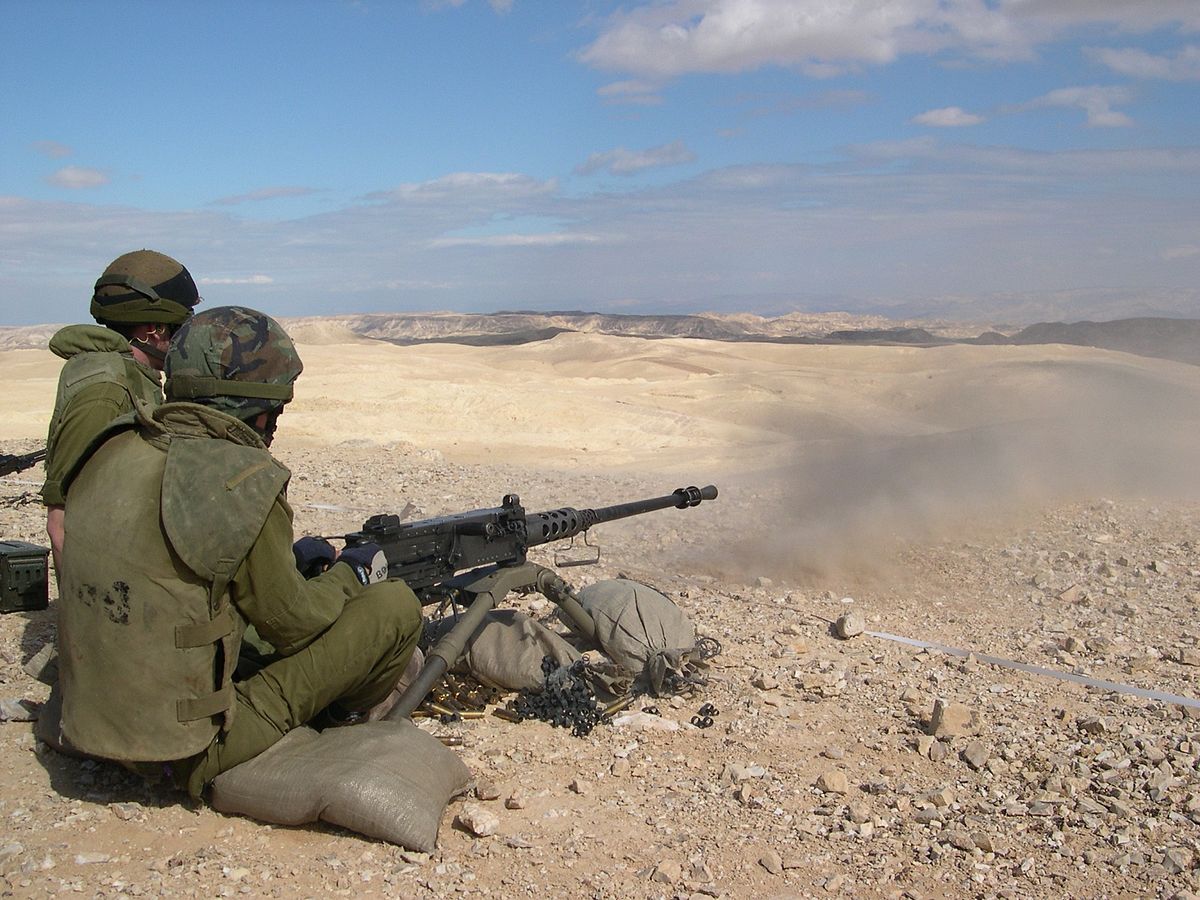It devastates me and I look away. But each day the murder toll of ISIS rises.
The world affords constant cause for outrage, such that I would not fault you for looking away and putting it out of mind. But is there a better world? Can we give a better world to our sons?
Notably, ISIS has used the ancient practice of beheading, and this has led to special moral outrage. Barbarism, we cry. But it makes little difference to the murdered or their families whether death came by blade or bullet.
Why have conditions so deteriorated in the Middle East?
The Middle East did not suddenly begin to hate the “Christian” west. Militant Islam is the original Islam; it has not changed its ideological essence for fourteen hundred years. But in modern international affairs it is only within the past 70 years that militant Islam has come to prominence.
Why this change? Islam’s essential goals have not changed. The Western response to these goals has changed. I submit that it is the moral default of the West that has made possible the ascendency of Islam. I do not mean that we have treated militant Islamic nations unfairly. Quite the contrary, our mistake was that we were willing in the first place to negotiate with instigators of violence.
ISIS is not the first Islamic organization to gain prominence by acts of murder.
Notable in the historic deterioration was the PLO, led by the late Yasser Arafat. Though it was known that he had organized attacks upon hundreds of civilians, President Bill Clinton invited Arafat to the White House more often than any other foreign leader. Today we continue to see the White House’s pattern of deference and negotiation toward militant Islam. President Obama refused to speak with the Israeli Prime Minister Benjamin Netanyahu. At the same time he classified Iran—the very heart of militant Islam—as an ally.
Why is it this way? And what can be done about it?
There is a solution. But it is not an easy one. Americans, and especially Christians, must be willing to ask soul-searching questions about what we believe. We must learn to fully articulate the morality behind a better foreign policy. We need a better ideology.
How do we get it? We start with some important questions: “By what right do we judge ISIS? Aren’t they doing what they think is right? Can we say our worldview is right and the worldview of ISIS is wrong?”
Such questions lead us to examine our very moral code.
In this series:
Christianity and ISIS: Toward a Better World Pt. 1
Christianity and ISIS: Toward a Better World Pt. 2
Christianity and ISIS: Toward a Better World Pt. 3
Christianity and ISIS: Toward a Better World Pt. 4
Christianity and ISIS: Toward a Better World Pt. 5
